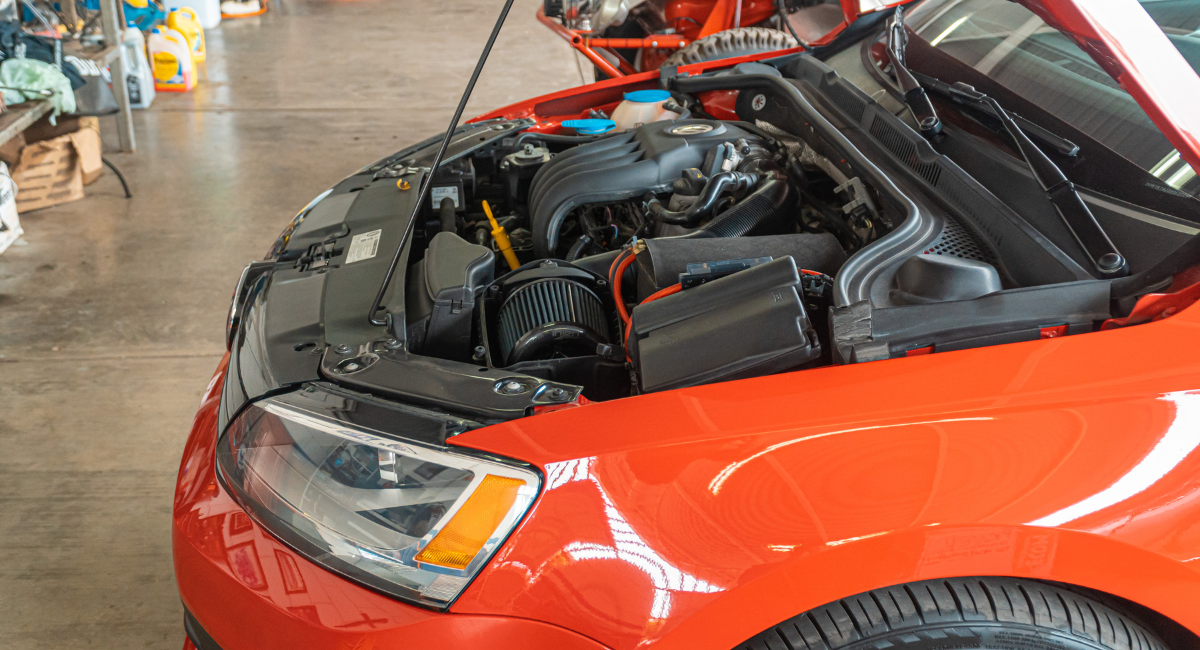For many of us, our car is more than just a means of transportation; it’s a vital part of our daily lives. That’s why engine problems can cause such a disruption. Understanding the basics of engine repair can help you maintain your vehicle more effectively and potentially save on costly repairs down the line. Whether you’re a seasoned DIY mechanic or a beginner looking to learn more about your vehicle, this blog post will guide you through the essentials of engine repair.
Recognizing the Signs of Engine Trouble
Before diving into repairs, it’s crucial to recognize the signs that something might be wrong with your engine. Some common indicators include:
- Unusual noises: Knocking, rattling, or hissing sounds can point to a variety of issues, from simple fixes like tightening a loose component to more serious problems like a failing engine bearing.
- Smoke: The color of the smoke exiting your exhaust can tell a lot about engine health. Blue smoke indicates oil burning, white smoke suggests a coolant leak, and black smoke means your engine is running too rich (too much fuel).
- Performance issues: If your car is stalling, consuming more oil than usual, or experiencing a loss of power, these could be signs of engine problems.
- Check engine light: Never ignore your dashboard warning lights. The check engine light can activate for numerous reasons, some simple and others more complex.
Basic Engine Repairs You Can Do at Home
With the right tools and a bit of knowledge, there are several engine repairs you can undertake at home to save money and extend the life of your vehicle:
- Changing the oil: Regularly changing your vehicle’s oil is one of the most effective ways to keep the engine running smoothly. It’s a simple procedure that involves draining the old oil, replacing the oil filter, and refilling with fresh oil.
- Replacing spark plugs: Worn-out spark plugs can decrease engine performance and fuel efficiency. Replacing them is a straightforward task that requires minimal tools and can make a noticeable difference in how your vehicle runs.
- Replacing air filters: Air filters prevent debris from entering the engine and should be replaced periodically. A clogged air filter can reduce airflow, impacting engine efficiency and performance.
- Fixing coolant leaks: Coolant leaks can lead to overheating, which is dangerous for your engine. Identifying and fixing these leaks early can prevent more serious engine damage.
When to Seek Professional Help
While many engine issues can be handled at home, some problems require the expertise of a professional. Complex repairs, such as those involving the timing belt, transmission, or engine rebuilding, should be handled by experienced mechanics. Additionally, if you’re unsure about a particular repair or diagnostic, it’s always safer to consult with a professional to avoid causing further damage.
Regular Maintenance is Key
Regular maintenance is the best way to avoid major engine repairs. Follow your vehicle’s maintenance schedule, keep fluids at appropriate levels, and pay attention to your vehicle’s performance to catch issues early.
Conclusion
Understanding the basics of engine repair can help you maintain your vehicle’s longevity and performance. By recognizing signs of trouble and performing simple repairs, you can keep your car running smoothly and avoid the inconvenience and cost of unexpected breakdowns. However, don’t hesitate to seek professional advice when faced with complex engine issues. Your car’s engine is a critical component, and proper care will ensure it continues to serve you well for miles to come.

